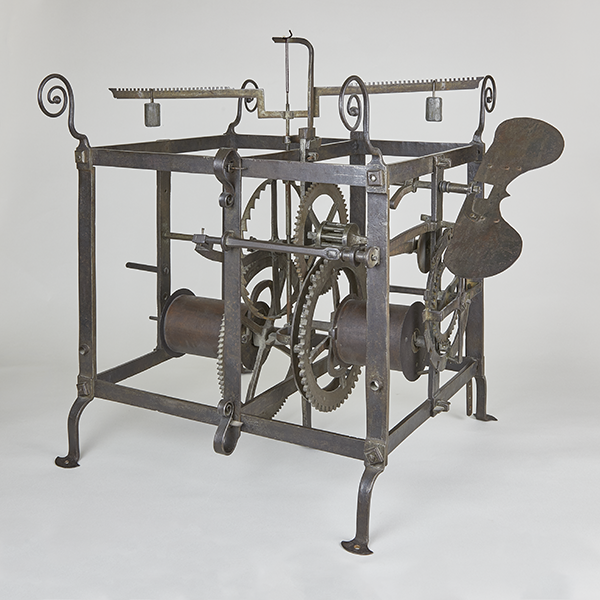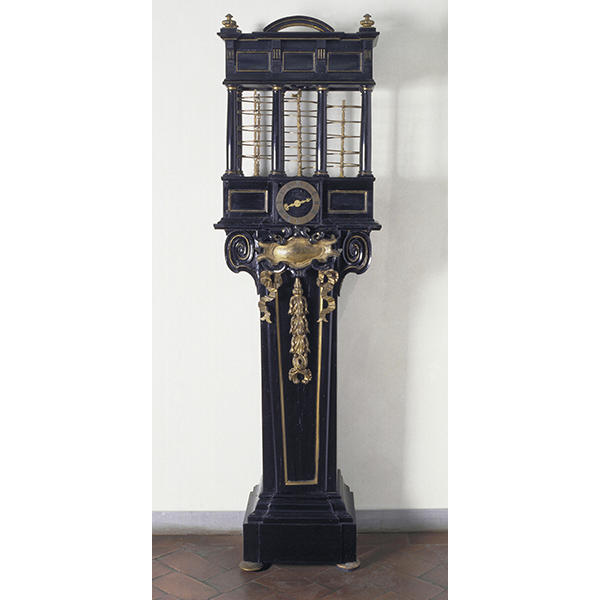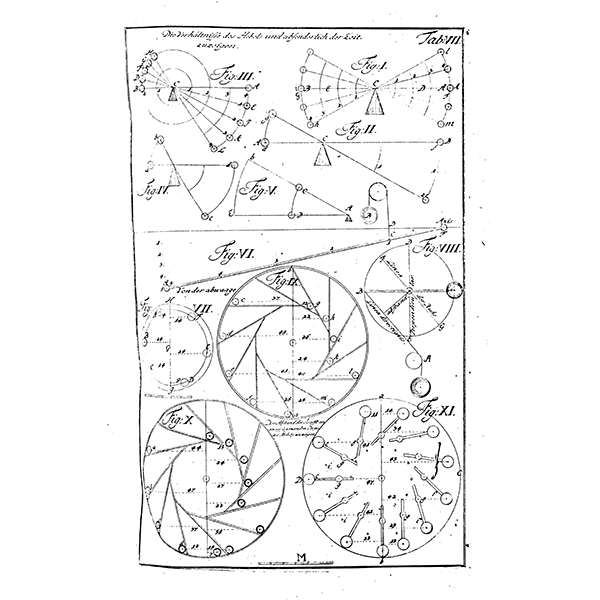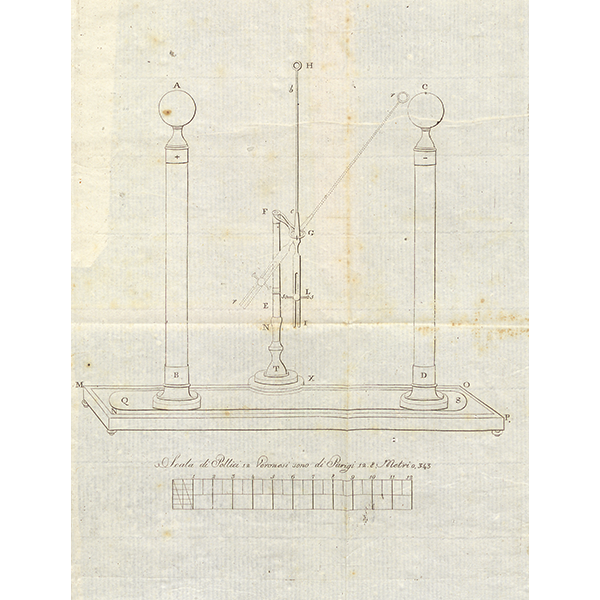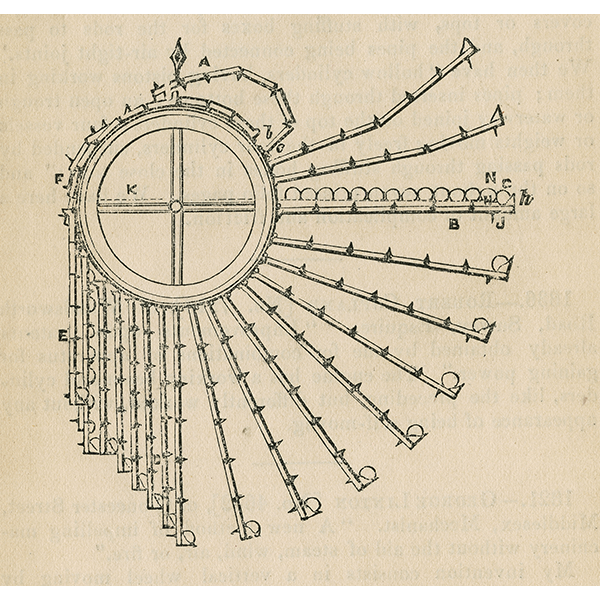Between uncertainty and fraud
In the 18th century, views on the feasibility of perpetual motion remained confused. Within the context of the physics developed by Isaac Newton, however, the conviction emerged that—in the real world—the value of a dynamic effect could never be exactly equal to or even greater than its own cause. In other words, a part, however small, of the momentum of a mechanical system is always lost in resistance and attrition. This belief did not stop theorists, who conjectured the possible existence of natural forces of a different type from the three then known: gravitation, electrical force, and magnetic force. Nor did it deter inventors, ever in search of that “tiny something” capable of making their mechanical dreams come true. Most of all, it did not dissuade fraudsters, who, amid the general uncertainty, often established their credibility and obtained subsidies.


